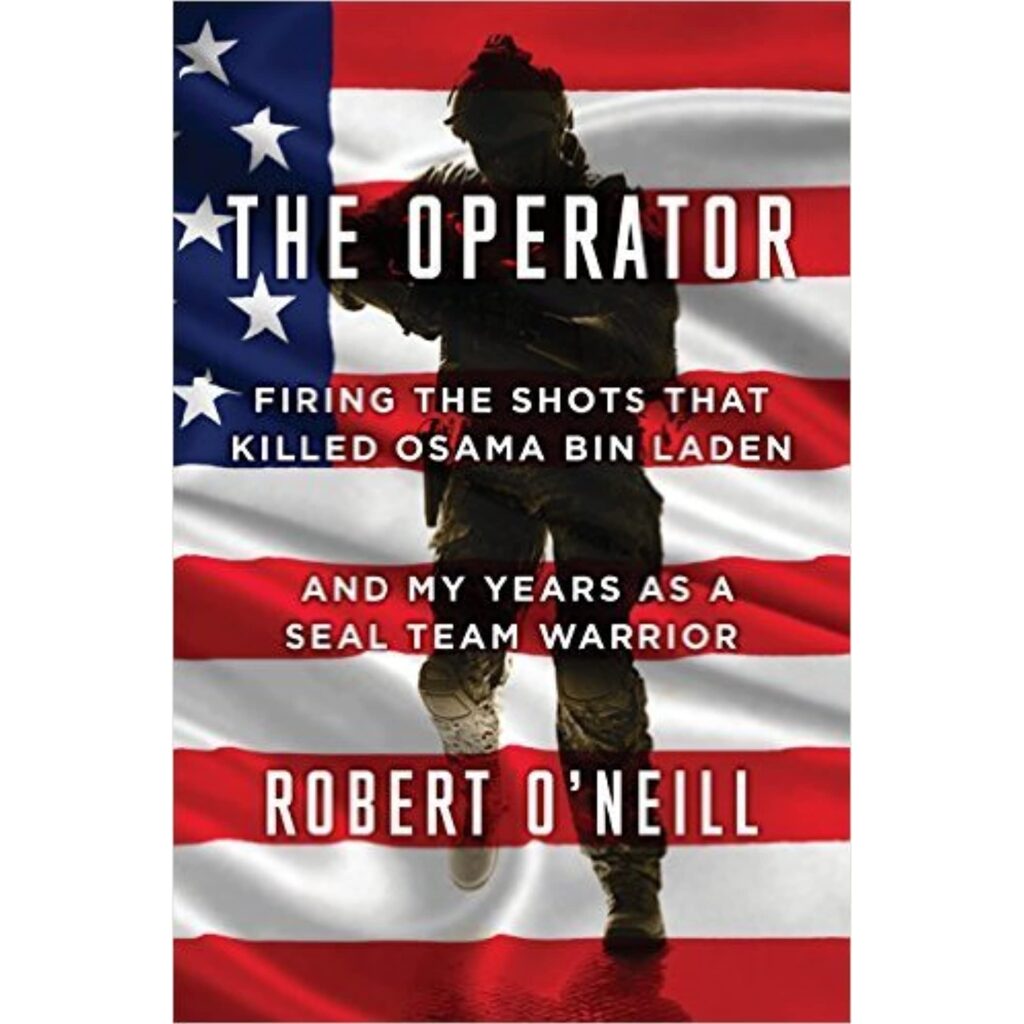Hello there,
In my last issue, I shared some key lessons we can learn from the pandemic as a real-life ‘Monte Carlo simulation’ for a Black Swan event – to avoid being the turkey.
This week, I continue to discuss the antifragility concept with a focus on the Barbell Strategy.
Here we go!!
Beknownst to many is the idea that we should hedge our main gig with a side gig to curtail the downside and potentially reap the upside.
Unbeknownst to many is that certain careers operate in a domain where only 1% of players can reap rewards to the order of 50%.
In these careers, our total annual income will be just a rounding error to the richest professional. But that disparity won’t likely happen in your 9 to 5 job.
The Barbell Strategy counters our inherent inability to think statistically, by showing us the other side of scalable and non-scalable careers and much more importantly how to barbell our inputs.
My Book Notes

My favourite book of 2019. Why? I’m a sucker for military humour. But more importantly, the book is a clone of the mind of a top brass operator with an incredible 400 mission career – including the rescue of Captain Phillips, Marcus Luttrell (Lone Survivor) & the big one – pulling the trigger that killed Osama bin Laden.
Check out my book summary here, with key learnings such as:
- Stress is the bag of bricks you can pick up in the morning and let it weigh you down or you can just not pick it up. A lot of it’s in your mind.
- Don’t be afraid to think outside the box. There is never a perfect plan. Impossibilities only exist until somebody does it.
- Return on Action (ROA) self-administered question: Is the squeeze worth the juice?
Best Stuff I Read
1. World 2.0 – “There are decades where nothing happens and weeks where decades happen.
2. The Fine Art of Opportunism
There are four major approaches to decision making: deliberative, reactive, procedural, and opportunistic.
Opportunism is both the least-understood and highest-impact approach to decision-making.
The single biggest barrier to opportunistic behaviors is a sort of puritanism drilled into us by most cultures that an outcome is not won fairly if it is won without an effort proportionate to its value.
Gamblers are not respected in any culture. Not even smart gamblers who learn to count the cards at blackjack.
3. First, ten
Find ten people. Ten people who trust you/respect you/need you/listen to you…
Those ten people need what you have to sell, or want it. And if they love it, you win. If they love it, they’ll each find you ten more people (or a hundred or a thousand or, perhaps, just three). Repeat.
If they don’t love it, you need a new product. Start over.
4. Structured Procrastination
The key idea is that procrastinating does not mean doing absolutely nothing.
Procrastinators seldom do absolutely nothing; they do marginally useful things, like gardening or sharpening pencils or making a diagram of how they will reorganize their files when they get around to it.
Structured procrastination means shaping the structure of the tasks one has to do in a way that exploits this fact.
What I’m Watching
Sn 5. ??
Feel free to shoot me an email anytime with comments, critiques, and open-ended questions.
Till next Saturday, take care.
Have a wonderful weekend,
Solomon Muigai.